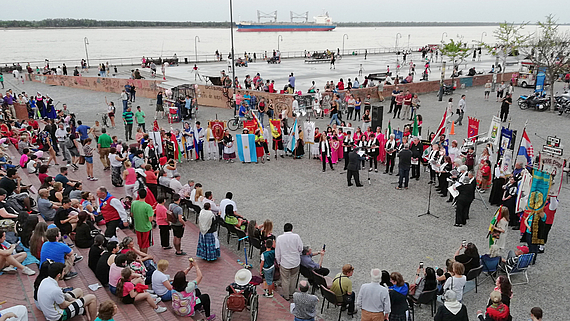
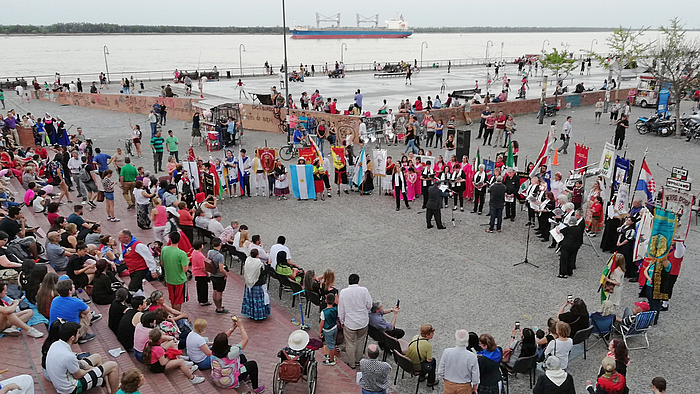
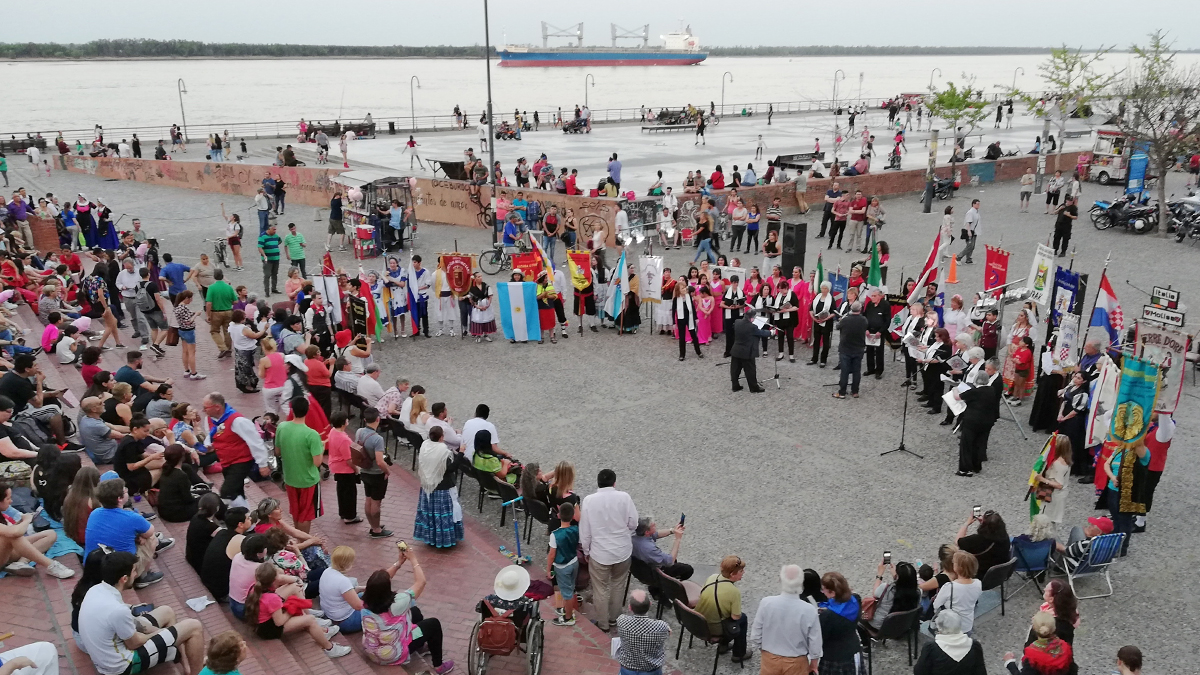
The Faculty of Natural Sciences at Leibniz University Hannover is an attractive research location and is characterized by numerous international collaborations: it offers the best conditions for foreign students, visiting scientists to learn and establish contacts.
Furthermore, the Faculty of Natural Sciences is active in many university-wide and subject-specific exchange programs and supports students, doctoral candidates and young scientists in gaining experience abroad and establishing international contacts.
In addition to traditional cooperation activities in the EU, Israel and the USA, we maintain partnerships in the Asian region, in Latin America and beyond to emerging and developing countries in order to find a sustainable and formative position in the North-South dialogue.
The exchange programs focus on the development of new international contacts and networks. International cooperations are promoted through the development of double degrees, double doctorates, joint degrees and the exchange of doctoral students, postdocs, scientists and scholars.
EU project SELINA
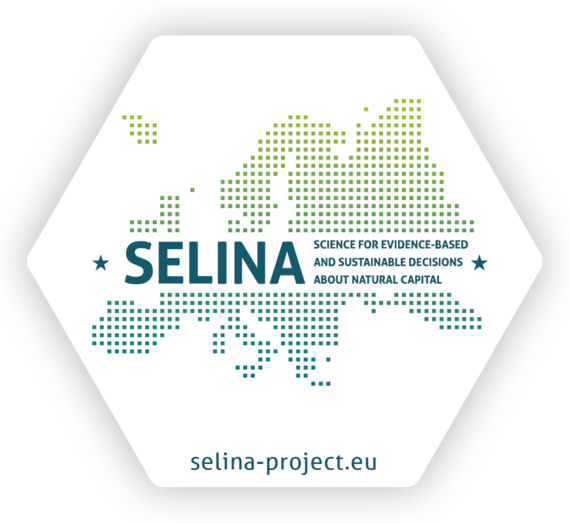
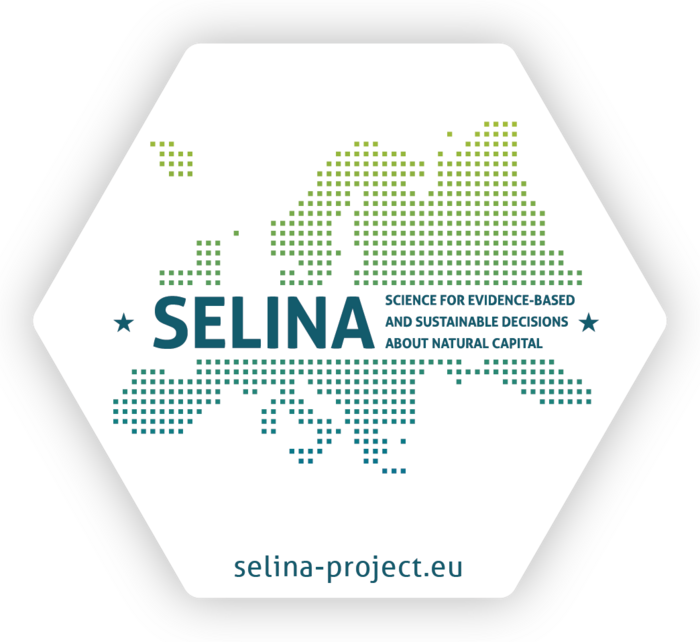
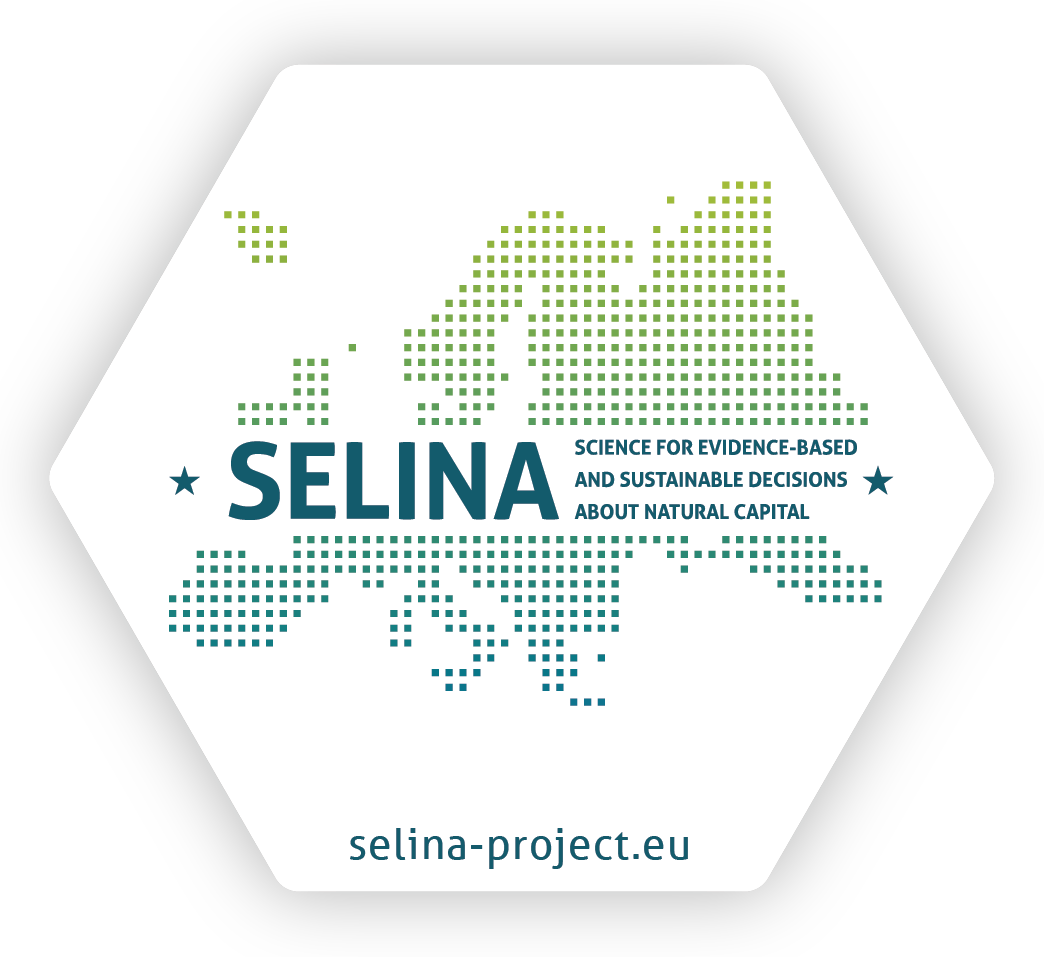
In SELINA (Science for Evidence-based and sustainabLe decIsions about NAtural capital), a total of 50 partners from all 27 EU member states (including selected EU overseas territories), Norway, Switzerland, Israel and the UK are working together to translate the methods and data on ecosystems and their services developed in recent years as part of the European Biodiversity Strategies into practical applications in decision-making processes in the public and private sectors. In addition to the academic partners, SELINA also integrates various partners from politics, administration and business, who are to sound out questions from various sectors at different spatial levels within the framework of a total of 15 demonstration projects. The main objective of SELINA is to create applicable recommendations for evidence-based decision-making and to support the necessary societal changes for the protection and sustainable use of the environment.
LUH and the Institute of Physical Geography and Landscape Ecology is coordinating the project with a budget of 13 million euros and is responsible for the implementation and management of the project as well as for the interdisciplinary integration of the results.
-
Sustainable use of biodiversity for the protection and regeneration of ecosystems
Utilising the resources of biological diversity in such a way that they are preserved and ecosystems that have already been damaged can regenerate at the same time: This is the aim of the Europe-wide SELINA research project, which is being coordinated by Leibniz University Hannover (LUH) and started on 1 July 2022. The European Union (EU) is funding the project within its new HORIZON research framework programme with a total volume of 13 million euros.
The research project is based on the EU Biodiversity Strategy 2030, which was adopted in May 2020. With the biodiversity strategy, the EU is pursuing a long-term plan to protect nature and reverse the degradation of ecosystems. To this end, it provides for a series of concrete measures and commitments, including the new project.
The SELINA project has created the appropriate context to consolidate scientific knowledge on ecosystems and their services.
SELINA can be seen as the successor project to the ESMERALDA project, which was also carried out at the Institute of Physical Geography and Landscape Ecology. This still had the character of an inventory and evaluation of ecosystems and their performance, whereas SELINA, with its 15 individual projects, focusses on concrete implementation. The experiences and findings are then to be incorporated into future decision-making processes in business and politics.
The primary aim of SELINA is to develop practice-orientated decision-making recommendations based on scientific findings and to initiate social changes that serve the protection and sustainable use of the environment.
Erasmus+ mobility project Guatemala
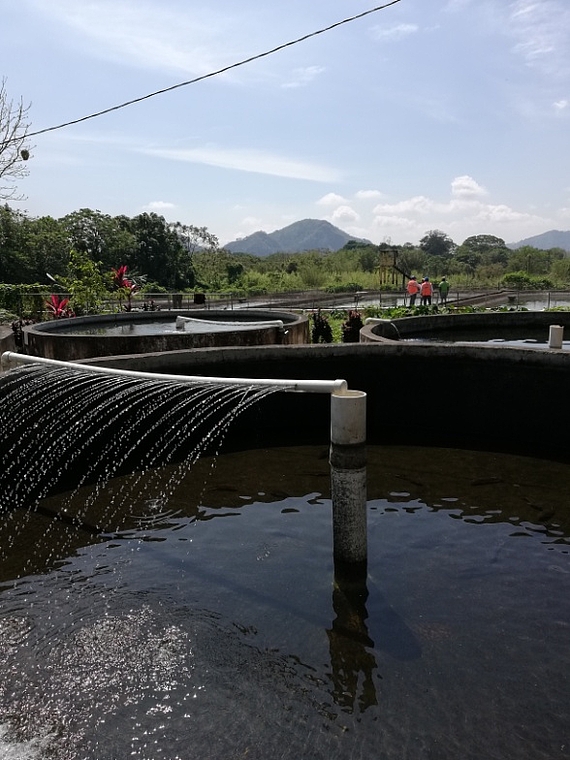
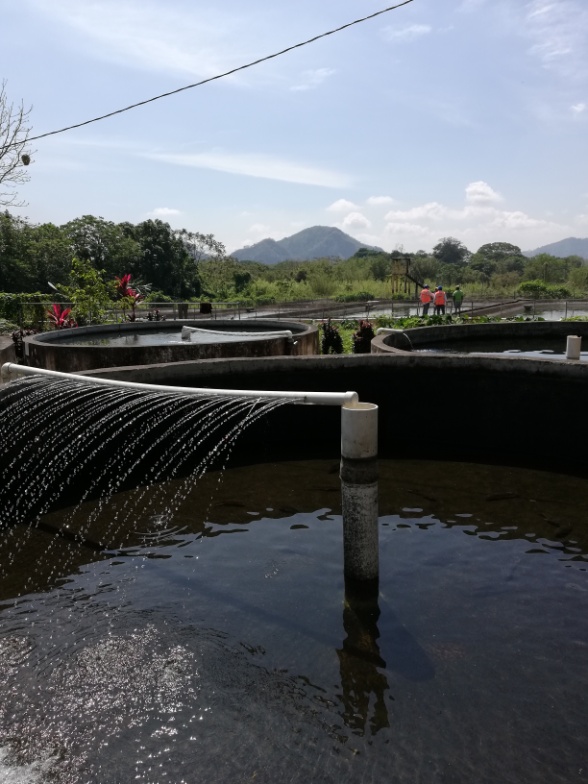

The Erasmus+ mobility project with partner countries (KA107) between the University of San Carlos of Guatemala (USAC) and the Leibniz University Hannover (LUH) aims to learn, teach and work together in an interdisciplinary and sustainable way in the field of environmental sciences. The target group are students at the BSc and MSc level from the USAC who will be able to complete modules and projects at the LUH, as well as PhD students and lecturers from both countries. Within this context, Prof. Jutta Papenbrock and Dr. Ariel Turcios were in Guatemala to establish contact between the two universities, evaluating the research needs and to plan future actions in favor of research and cooperation between both institutions. Now it is being planned to bring in between four and five USAC students in the summer semester 2021 in order to carry out part of their experiments at the LUH and in this way fulfill the exchange of information and knowledge between both institutions. In addition, the trip of two media didacticians to Guatemala is contemplated with the aim of supporting the University of San Carlos with respect to the E-Learning system.
-
Objective and research contents
The aim of the join research project is to use different plant species as biofilters and to establish sustainable value chains. Plants can purify nutrient-rich water and wastewater by taking up nutrients such as nitrate and phosphate and converting them into biomass. They are also able to break down or detoxify organic and possibly toxic substances that occur in the environment. These plants can be used as food or as fodder. Some of the target plant species contain valuable ingredients that can be used in medicine or as dietary supplements. The plant residues can be used to generate bioenergy, e.g. for the production of biogas. The digestate, in turn, would be returned to the cycle as fertilizer. At the LUH and especially at the Institute of Botany, all areas of this value chain have been examined and appropriate methods have been established, e.g. also for the quinoa plant (Chenopodium quinoa) cultivated in Guatemala, and are now to be implemented in the potential partner country.





